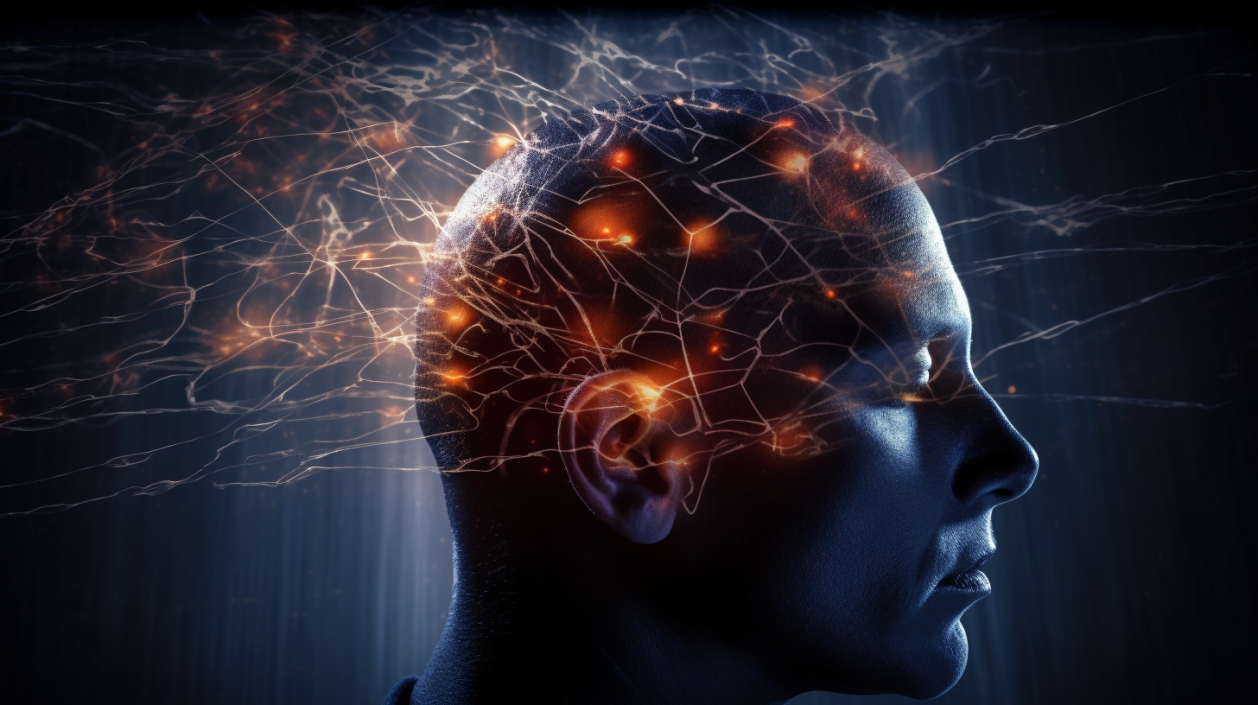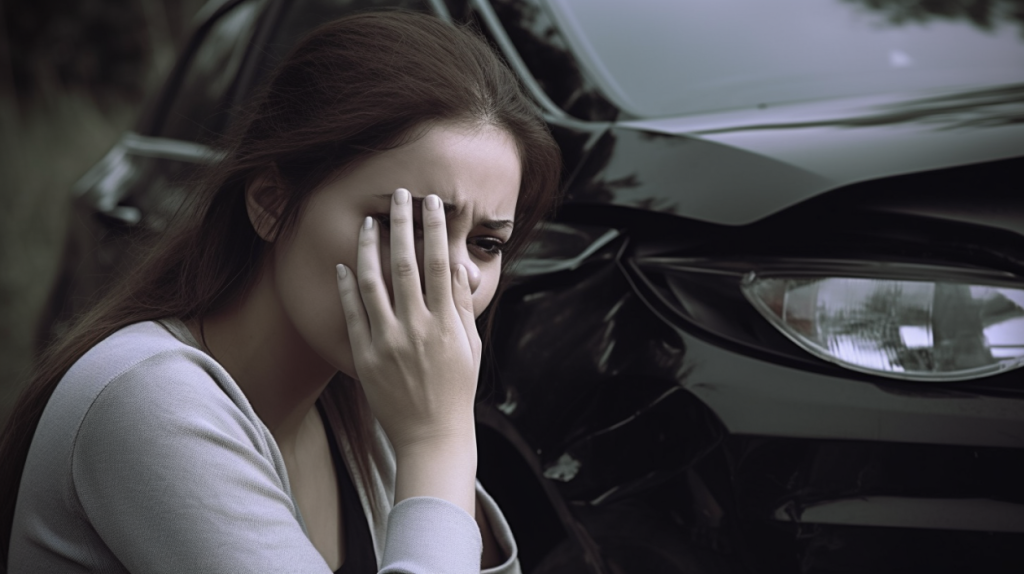Car accidents are, unfortunately, a common occurrence, and their consequences can be devastating. While much attention is given to the physical injuries sustained in such incidents, the emotional and mental trauma that can follow is often overlooked. This oversight can lead to long-lasting and debilitating effects on a person’s life, making it crucial to address the emotional challenges that may arise after a car accident.
This article will discuss the various types of mental trauma that can occur after a car accident, including post-traumatic stress disorder (PTSD), anxiety, and the effects on children and those with traumatic brain injuries. We will also explore the importance of seeking treatment for these emotional injuries and the process of obtaining compensation for the damages caused by mental trauma.
Finally, we will emphasize the importance of contacting an experienced car accident lawyer to help navigate the complex legal process and ensure that emotional challenges are not faced alone.
PTSD: The Most Common Emotional Injury After a Car Accident
When people think of injuries resulting from car accidents, they often focus on the physical injuries such as broken bones, whiplash, or bruises. However, the psychological aspect of car accident injuries is frequently overlooked. One of the most common emotional injuries experienced after a car accident is post-traumatic stress disorder (PTSD).
The misconception of the Psychological Aspect
Many people assume that PTSD is a disorder that only affects military personnel or individuals who have experienced severe trauma, such as a natural disaster or a violent assault. However, PTSD can also result from traumatic events, including car accidents. Car accidents are a leading cause of PTSD, as they can be incredibly traumatic experiences both physically and emotionally.
Car Accidents as a Leading Cause of PTSD
According to various studies, approximately 9% of people involved in a car accidents develop PTSD. This number may seem small, but considering the millions of car accidents that occur every year, it translates to many individuals struggling with PTSD due to their accident.
Mental Injuries More Common Than Believed
PTSD is not the only mental injury that can be experienced after a car accident. Other psychological disorders, such as depression, anxiety, and phobias, can also develop due to the trauma experienced during the accident. Unfortunately, these mental injuries often go undiagnosed and untreated, as they are not as easily recognized as physical injuries. This can lead to long-term emotional suffering for car accident victims, significantly impacting their quality of life.
It is crucial for individuals who have been involved in a car accident to be aware of the potential for emotional injuries and to seek appropriate treatment if they suspect they may be suffering from PTSD or another psychological disorder. Addressing these emotional challenges is essential to the healing process and can help individuals recover more fully from their car accident experience.
What does PTSD look like?

Symptoms
Post-traumatic stress disorder (PTSD) is a mental health condition that can develop after experiencing or witnessing a traumatic event, such as a car accident. The symptoms of PTSD can vary from person to person, but generally, they can be grouped into four categories:
1. Intrusive memories: These include recurrent, unwanted memories of the traumatic event, flashbacks, and nightmares. The memories can be triggered by sights, sounds, or smells that remind the person of the event.
2. Avoidance: People with PTSD may avoid places, people, or activities that remind them of the traumatic event. They may also try to avoid thinking or talking about the event.
3. Negative changes in thinking and mood: PTSD can cause a person to have negative thoughts about themselves, others, or the world. They may feel detached from others, lose interest in activities they once enjoyed, or have difficulty experiencing positive emotions.
4. Changes in physical and emotional reactions: This can include being easily startled, constantly feeling on edge, having difficulty sleeping, and experiencing angry outbursts or irritability.
Chaos in the victim’s life
The symptoms of PTSD can cause significant disruption in a person’s life. They may have difficulty maintaining relationships, performing at work or school, and engaging in daily activities. The constant fear and anxiety can make it challenging for the individual to feel safe and secure, even in familiar surroundings.
Direct symptoms lead to additional struggles
The direct symptoms of PTSD can lead to additional struggles for the individual affected. For example, avoiding certain situations or places may result in social isolation, while negative changes in thinking and mood may contribute to the development of depression or anxiety disorders. Additionally, the changes in physical and emotional reactions can lead to substance abuse as a means of coping with overwhelming emotions.
It is crucial for individuals experiencing PTSD symptoms after a car accident to seek professional help to address and manage their mental health challenges.
PTSD and Other Psychological Disorders
In addition to PTSD, car accident survivors may experience a range of other psychological disorders that can significantly impact their daily lives. These mental health challenges can be as debilitating as physical injuries and often require professional intervention to address and treat effectively.
Fear of Driving
One common psychological issue after a car accident is a fear of driving or being in a car. This fear can manifest in various ways, from mild anxiety to full-blown panic attacks when attempting to drive or ride as a passenger. This can severely limit a person’s ability to work, socialize, and complete everyday tasks, leading to a lower quality of life and potential loss of income.
Generalized Anxiety Disorder
Car accident survivors may also develop generalized anxiety disorder (GAD), characterized by excessive worry about everyday situations. This anxiety can interfere with daily life, making it difficult for individuals to concentrate, sleep, or even leave their homes. GAD can be particularly challenging to treat, as it often involves addressing multiple sources of anxiety and stress.
Mental Disorders Do Not Disappear Without Intervention
It is crucial to recognize that mental health challenges, like PTSD, fear of driving, and generalized anxiety disorder, do not simply go away on their own. These issues can persist for years without appropriate intervention and treatment, causing ongoing distress and negatively affecting a person’s overall well-being.
Individuals who have experienced a car accident should seek professional help from a mental health provider, such as a psychologist or psychiatrist, to assess their emotional well-being and develop a treatment plan tailored to their needs. This may include therapy, medication, or a combination of both to address their psychological challenges.
In conclusion, addressing the emotional challenges that arise after a car accident is essential, as they can significantly impact a person’s quality of life. Car accident survivors must seek professional help to treat these mental health issues effectively and work toward recovery.
Additionally, contacting an experienced car accident lawyer can provide invaluable assistance in seeking compensation for damages related to mental trauma, ensuring that individuals receive the support they need to heal both physically and emotionally.

